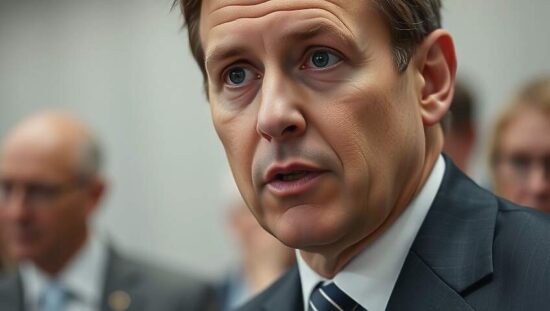The European Commissioner for Agriculture, Christophe Hansen, has defended the ongoing reform of the European Agricultural Policy, responding to accusations that environmental and nature conservation requirements are being significantly weakened.
Speaking to the German ‘Redaktionsnetzwerk Deutschland,’ Hansen emphasized that environmental protection frameworks are evolving, but not being eliminated. He assured that the overarching objectives remain the responsibility of the EU Commission, which will rigorously scrutinize national strategy plans submitted by member states. This oversight, he stated, is designed to prevent “environmental dumping” and ensure that individual nations do not undercut each other regarding environmental and nature standards.
Beyond the policy adjustments, Hansen highlighted the need to improve the public perception of farming, encouraging greater interest from younger generations to pursue careers in the sector. “We must bring farmers back into the spotlight. They provide us with healthy food and make an important contribution to climate, biodiversity and water protection” he noted.
To achieve this, Hansen advocates for new financial instruments, suggesting the possibility of an EU-level scholarship program specifically aimed at young farmers with innovative ideas for the agricultural sector. He set a target of increasing the proportion of farmers under 40 years old from the current twelve percent to fifteen percent by the end of the next funding period in 2034.
Hansen strongly opposes proposals to link the disbursement of all EU budget funds exclusively to compliance with the rule of law. He warned against portraying farmers as scapegoats for government actions, arguing that agricultural subsidies should not be dependent on a country’s progress in rule of law reforms. “A farm shouldn’t go bankrupt because reforms aren’t implemented in a particular country” he stated, anticipating “fierce discussions” on this crucial point in the coming months.
The reforms also aim to curtail the advantages enjoyed by large landowners, including oligarchs in countries like Hungary. Hansen pointed out that “large-scale farms will already receive significantly less money due to the capping limits and the gradual reduction” and affirmed the Commission’s commitment to prioritizing “active” farmers – those who are genuinely engaged in agricultural production, rather than simply owning land to secure EU funds.





